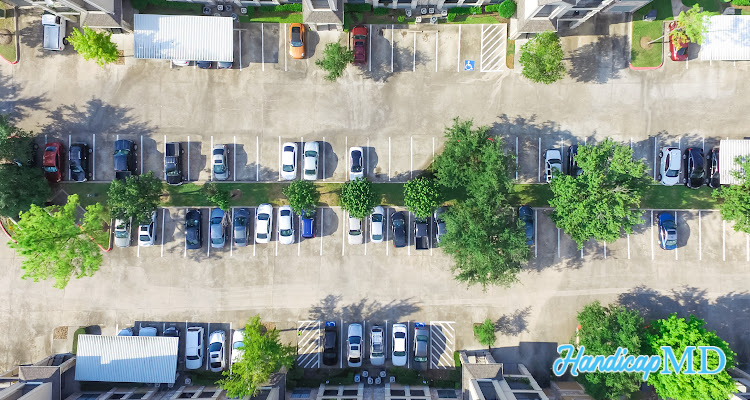
Exploring the Different Types of Handicap Placards in San Francisco CA
Introduction
Navigating a city like San Francisco with its unique charm and hilly terrain can be challenging, especially for individuals with mobility issues. This comprehensive guide aims to shed light on the different types of handicap placards available in San Francisco CA, offering valuable insights into eligibility criteria, application processes, and the benefits associated with each type.
Understanding the Need
Before we delve into the specifics, let's understand why exploring the different types of handicap permits in San Francisco CA is crucial. Accessibility is not just a convenience; it's a fundamental right for everyone. This guide is your key to unlocking the city's accessibility options and making your experience seamless.
Types of Disability Placards
Temporary Placards
For those with short-term mobility issues, temporary permits provide a solution. Whether recovering from surgery or injury, individuals can benefit from the flexibility offered by these permits, allowing them to park in designated spaces for the duration of their medical condition.
Permanent Placards
Designed for individuals with long-term or permanent disabilities, these passes offer lasting solutions. Eligibility is often determined by a licensed medical professional, ensuring that those who truly need the accommodations receive them.
Organizational Placards
Institutions providing transportation services for individuals with disabilities can apply for organizational permits. This ensures that accessibility is extended beyond personal vehicles, contributing to a more inclusive city for everyone.
Application Process
Eligibility Criteria
Individuals seeking disability placards in San Francisco must undergo a medical evaluation by a qualified healthcare professional. This evaluation helps determine the appropriate type of permit based on the nature and duration of the disability.
Medical Evaluation
Individuals seeking disability passes must undergo a medical evaluation by a qualified healthcare professional. This evaluation helps determine the appropriate type of permit based on the nature and duration of the disability.
Application Submission
Once the medical evaluation is complete, the Department of Motor Vehicles (DMV) becomes the next stop. The application process involves submitting the necessary medical documentation, proof of identity, and completing the required forms. Timely submission ensures a prompt evaluation and issuance of the appropriate California handicap placard.
Approval and Renewal
Upon approval, the permit is issued, and its duration varies based on the type. It's essential to stay informed about renewal procedures to ensure continuous access to necessary accommodations.
Benefits of Placards
Parking Convenience
One of the most apparent benefits is the convenience of parking in designated disabled parking spaces, often located closer to entrances. This accessibility can significantly enhance the daily lives of individuals with mobility challenges.
Public Transportation Access
Handicap passes may also grant access to specific benefits in public transportation, making commuting more manageable for those who rely on alternative means of travel.
Exploring the Different Types of Handicap Placards in San Francisco CA
Embarking on a journey through the streets of San Francisco becomes more accessible when armed with the knowledge of the different types of disability passes. Whether it's a temporary setback or a permanent condition, the city strives to ensure that everyone can explore its wonders without hindrance.
FAQs
How long does it take to receive a disability permit after application? The processing time varies, but it typically takes a few weeks. It's advisable to apply well in advance to ensure timely access.
Can I use my pass in other cities? Yes, handicap passes are generally recognized across different cities and states, providing a consistent level of accessibility.
Is there a fee associated with obtaining a disability permit? While there may be fees involved in the application process, these fees are often nominal, and financial assistance options may be available.
Can I lend my disability pass to someone else? No, these are non-transferable and should only be used by the individual for whom they are issued.
What should I do if my permit is lost or stolen? Report the loss to the DMV immediately and apply for a replacement. Avoid using the lost permit to prevent misuse.
Are there designated parking spaces for different types of passes? Yes, parking spaces are typically designated for both temporary and permanent handicap placards, ensuring appropriate accessibility for everyone.
Are there fines for unauthorized use of permits in San Francisco? Yes, unauthorized use of handicap permits can result in fines and penalties. It's essential to use the pass only when transporting the designated individual with a disability.
Conclusion
Exploring the different types of handicap placards in San Francisco CA opens doors to enhanced accessibility and a more inclusive experience for individuals with mobility challenges. By understanding the nuances of each permit type and navigating the application process, residents and visitors alike can enjoy the city's offerings with ease.
.png)






